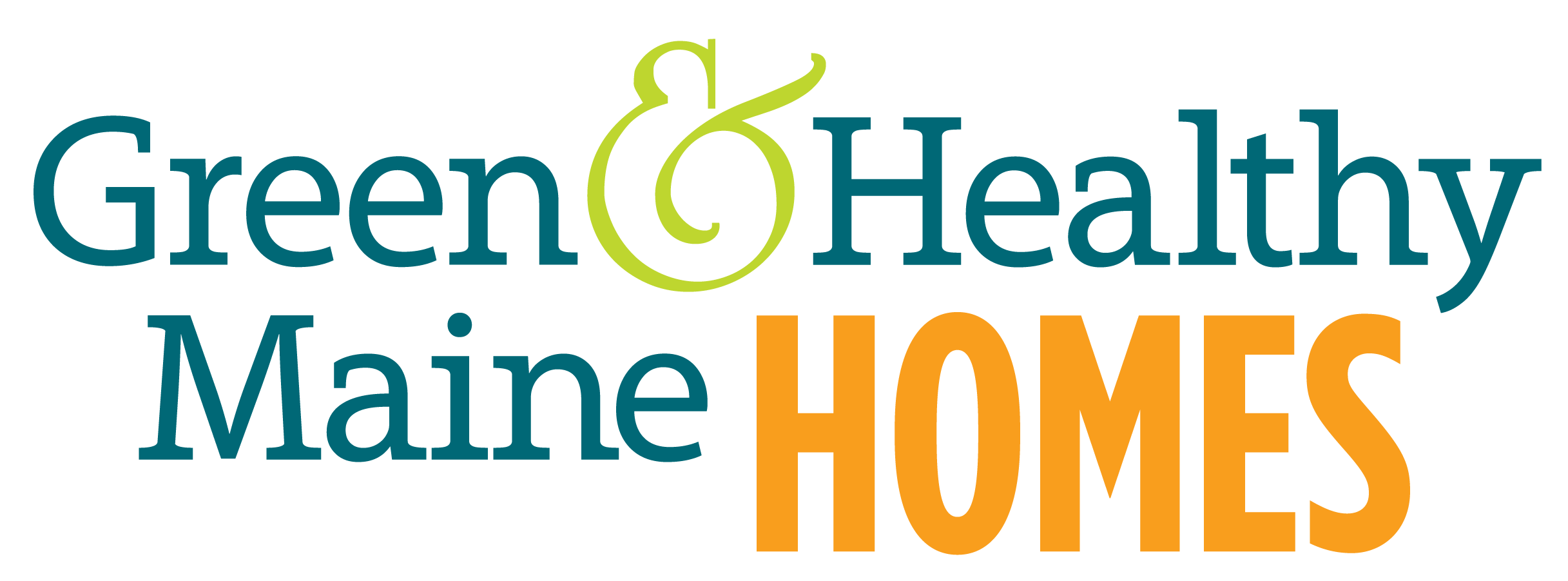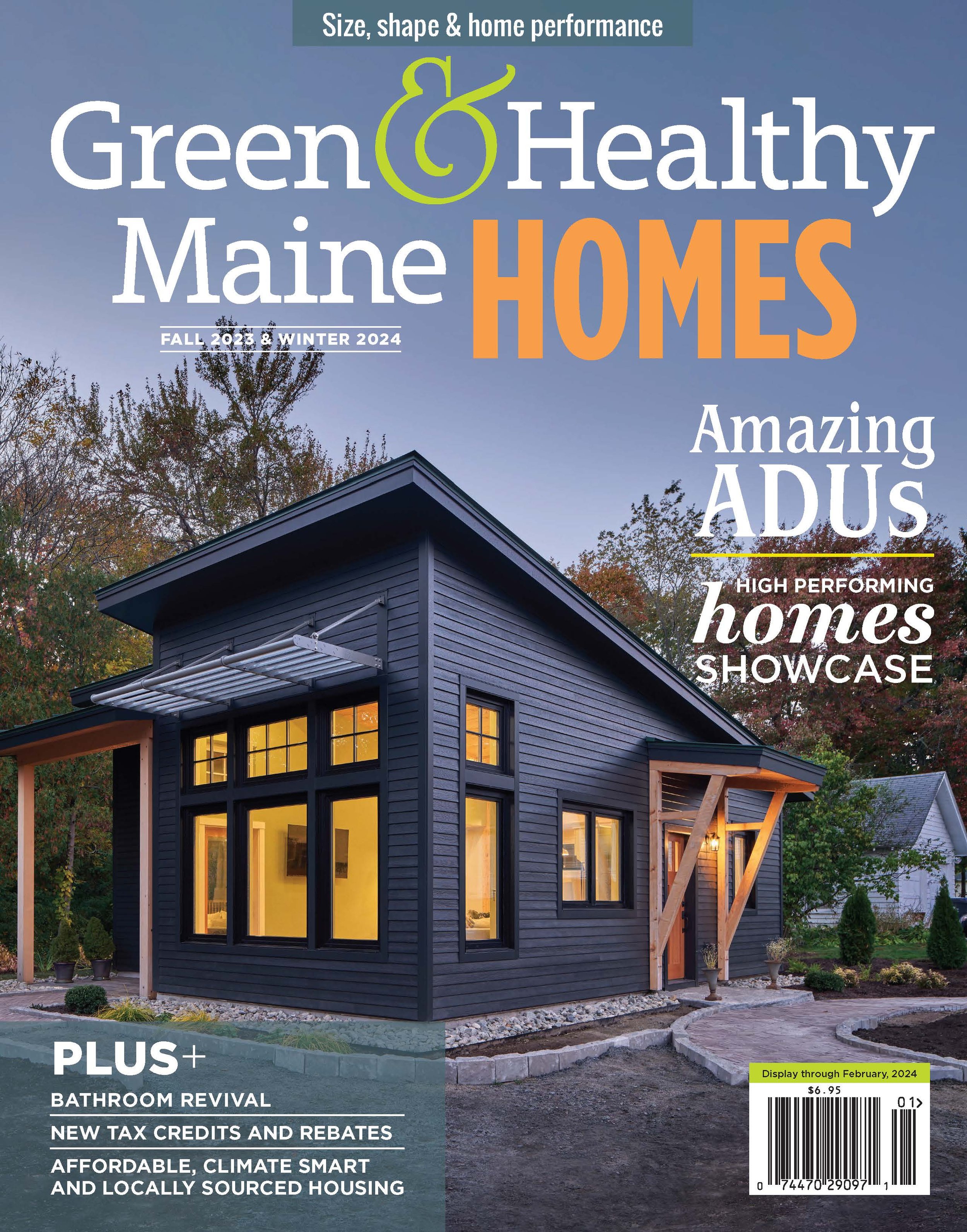passivhausMAINE rolls out statewide training program
Industry news
nonprofit offers low-cost workshops to advance maine’s clean energy goals
PHOTO COURTESY PASSIVHAUSMAINE
By June Donenfeld
LAST FALL, the nonprofit passivhausMAINE (PHM) launched a statewide series of three stand-alone, one-day workshops, including an introduction to Maine’s new building codes, how to plan a home retrofit and high-performance building components. The program is funded by the Harold Alfond Foundation and the Maine Clean Energy Partnership, a public-private partnership created within the Maine Governor’s Energy Office to advance Maine’s goals for clean energy, climate, and economic and workforce development. Because of this support, the cost to participants is only $25 per workshop.
PHOTO: PASSIVHAUSMAINE
Over the last year, well over 200 participants, from Presque Isle to York, have attended the workshops; by the end of the currently scheduled workshops, PHM estimates that they will have trained 350-400 people in all parts of the state.
“Our ability to lower the financial and geographical barriers to learning is critical to the success of the program,” says Naomi Beal, executive director of passivhausMAINE. “Because of this, we can reach people where they are, helping to strengthen Maine’s workforce in a vital sector and bridge social gaps, too.”
The workshops are open to anyone with an interest in learning how to build better, regardless of age, job or experience. They are designed to be informative and stimulating, with plenty of time for Q&A and instructor-participant interaction. While not a certification program, micro-credentialing for those who complete the workshops may be offered in the future.
Meeting Maine’s Energy Code introduces the basics of advanced building techniques as they relate to both the new Maine Uniform Building and Energy Code (MUBEC) and the Stretch Code, a locally mandated code (or alternative compliance path) that upholds higher standards than the base code.
Planning a Maine Retrofit presents a practical approach to altering an existing property to improve its energy efficiency and reduce energy consumption. Topics include financial investments, dealing with structural complexities, how to mitigate disruptiveness for the occupants and the ins and outs of both fast-track and longer, phased-in approaches.
High-Performance Components focuses on building a resilient, comfortable and healthy home through correctly choosing and using materials that are durable and resource efficient. These include air barrier membranes and specialty tapes to make wall assemblies airtight; windows and the products used to install and seal them; and mechanical equipment like heat pumps and ERVs (fresh air exchangers). passivhausMAINE can also organize these workshops on the same fee-basis for organizations who’d like to host private events for their employees, customers or students.
To learn more about the program and to register for the workshops, visit www.passivhausmaine.org/trainings.
This article appeared in the Fall 2023 edition of Green & Healthy Maine HOMES. Subscribe today!
Find Maine experts that specialize in healthy, efficient homes in the Green Homes Business Directory.



